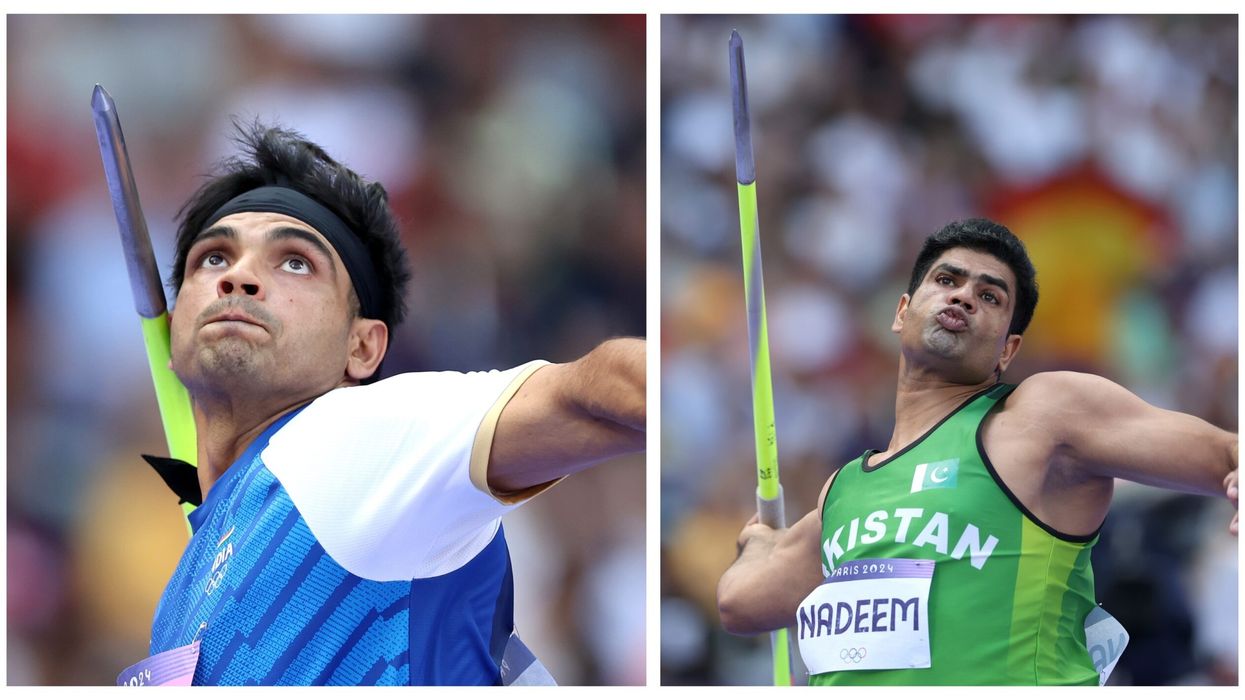Indian tennis legend Leander Paes has said it will take time for the country to produce a singles champion despite the progress in the game.
Paes, who has a total of 18 grand slam titles in men's doubles and mixed doubles,
said India will have to be realistic with its aspirations.
He highlighted the rise of this year's Wimbledon champion, Spain's Carlos Alcaraz - who also became the world No. 1 at the age of 20 - even as Indian players are forced to deal with basic issues.
"When you look at preparing youngsters for that (singles), it is very hard. You look at the Alcarazes of the world - he is 20 years old right now and he is already the No. 1.
“Our kids at 18-19 are still trying to come out of the juniors (level) to decide whether they are going to go to college or going pro - it is a different world,” he said.
"That is where realism has to come in - to see the level of support, the level of encouragement, the level of training and the level of dollars that is invested in to nurture talent. It is all relative.”
Paes was speaking along with Mahesh Bhupathi on the sidelines of an US Polo Association event in Mumbai last Friday (25).
They reflected on the state of the sport in India and where the next champion might come from.
Asked if Indians should focus more on doubles, Bhupathi said, "No, why would we do that?
"We have not had a quarterfinalist in a Grand Slam of the singles since Ramesh Krishnan (in mid-1980s). I think that is where we should focus.
"The bar has been set very high by us (in doubles). If you are going to try and beat that, it is going to take a few decades."
Paes added, "You have got to look at all different disciplines on its own, whether it is singles or doubles or mixed doubles - it is all a part of tennis. (But) focusing on singles is the way to go, because that is where the highest accolades are.”
Bhupathi said it is wrong to assume it is going to be a tough time ahead for Indian singles players.
Asked if any Indian player will be able to play singles at the highest level, he said, "It is subjective.
"Till two years ago, Carlos Alcaraz was... last year he won a championship at the beginning of the year and this year he is No. 1 in the world. So, I do not think it is a fair statement to make.
"Anybody can come out of anywhere. There are a couple of 14- to 15-year-old (Indians) who are making waves in the world.”
Paes said the overall growth of tennis in India had shown improvement.
"The sport as a whole has grown so much in India and you see badminton and shooting doing so well, even javelin — a sport that India is not really known for — doing so well. Hence all the other sports are picking up so well," he said.
"The Tokyo Olympics was a clear showcase that seven medals in one Olympics is the best we have ever done.
“Coming back to tennis, people got so used to us winning Grand Slams — 30 Grand Slams among us here — I think it will take a little bit of time before we produce a singles champion. But at the same time, we have got to be very realistic as well," Paes added.
Bhupathi said there was no ready solution to solve the problem.
"If we had a solution, we would have already done it, no? I mean, we are tennis players, not tennis creators," he said.
Paes, who was named the brand ambassador of the clothing brand along with Bhupathi, said tapping talent in rural areas was crucial.
"When you look at Indian sports, there are quite a few people who are doing it brilliantly. Neeraj Chopra is training in Scandinavia and has got a great javelin coach — honing his skills there and bringing it here," Paes said.
"You look at our cricketers, trained here and playing in so many events. And, that is why cricket is churning (out) so many athletes. Today, you have almost 3-4 national cricket teams? It is incredible. You have the U-19 team as world champions. You have India A and B, I am sure you can have C and D," he said.
"It is just a matter of perseverance, coming out every day and creating opportunities for the youngsters to excel.
"I personally believe a lot of our talent is untapped in sport because they are in rural areas — they do not get a chance to come to Mumbai, Delhi, Kolkata, Chennai, Hyderabad or Bangalore where the academies are. They are still out in areas where they are still playing gully cricket or gully football," he added.


















